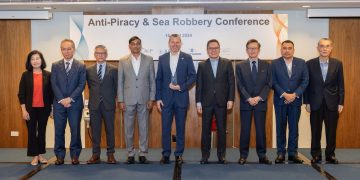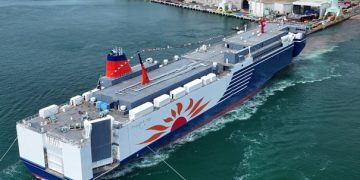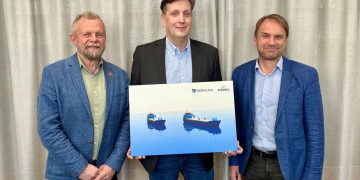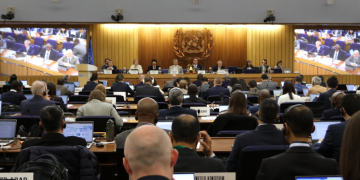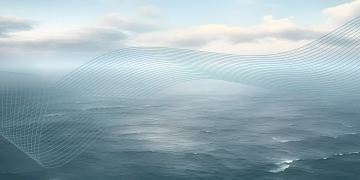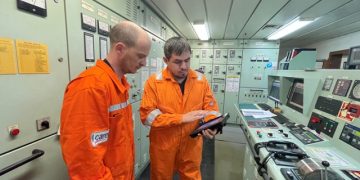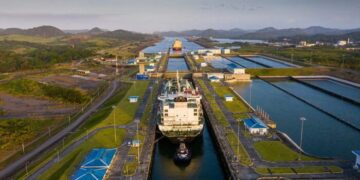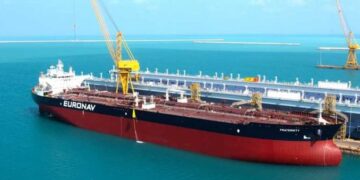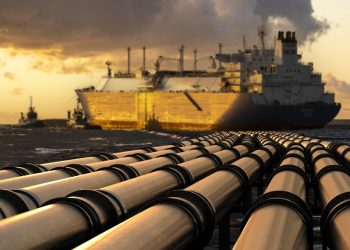As EIA informs, the Strait of Hormuz is the world’s most important oil chokepoint due to the large volumes of oil that flow through the strait. In fact, in 2018, its daily oil flow averaged 21 million barrels per day (b/d), or the equivalent of about 21% of global petroleum liquids consumption.
Chokepoints are narrow channels along widely used global sea routes that are vital to ensure global energy security.
The inability of oil to transit a major chokepoint, even temporarily, can lead to substantial supply delays and higher shipping costs, resulting in higher world energy prices
EIA explained.
It added that although the majority of checkpoints can be circumvented by using other routes that add significantly to transit time, some chokepoints have no practical alternatives.
[smlsubform prepend=”GET THE SAFETY4SEA IN YOUR INBOX!” showname=false emailtxt=”” emailholder=”Enter your email address” showsubmit=true submittxt=”Submit” jsthanks=false thankyou=”Thank you for subscribing to our mailing list”]
Namely, volumes of crude oil, condensate, and petroleum products sailing through the Strait of Hormuz have been fairly stable since 2016, when international sanctions on Iran were lifted and Iran’s oil production and exports returned to pre-sanctions levels. What is more, flows through the Strait of Hormuz in 2018 accounted for around one-third of total global seaborne traded oil. In addition, over one-quarter of global LGN also transited the Strait of Hormuz in 2018.
However,there are limited options to bypass the Strait of Hormuz. Specifically, only Saudi Arabia and the United Arab Emirates have pipelines that can ship crude oil outside the Persian Gulf and have the additional pipeline capacity to circumvent the Strait of Hormuz. At the end of 2018, the overall available crude oil pipeline capacity from the two countries together was estimated to be at 6.5 million b/d. In the same year, 2.7 million b/d of crude oil moved through the pipelines, leaving about 3.8 million b/d of unused capacity that could have bypassed the strait.
Moreover, EIA cites tracking data published by ClipperData, indicating that Saudi Arabia moves the majority of crude oil and condensate through the Strait of Hormuz, most of which is exported to other countries.
Now, it estimates that 76% of the crude oil and condensate that moved through the Strait of Hormuz went to Asian markets in 2018. China, India, Japan, South Korea, and Singapore were the largest destinations for crude oil moving through the Strait of Hormuz to Asia, making up 65% of all Hormuz crude oil and condensate flows in 2018.
Finally, during 2018, the US imported about 1.4 million b/d of crude oil and condensate from Persian Gulf countries through the Strait of Hormuz, accounting for about 18% of total US crude oil and condensate imports and 7% of total US petroleum liquids consumption.







